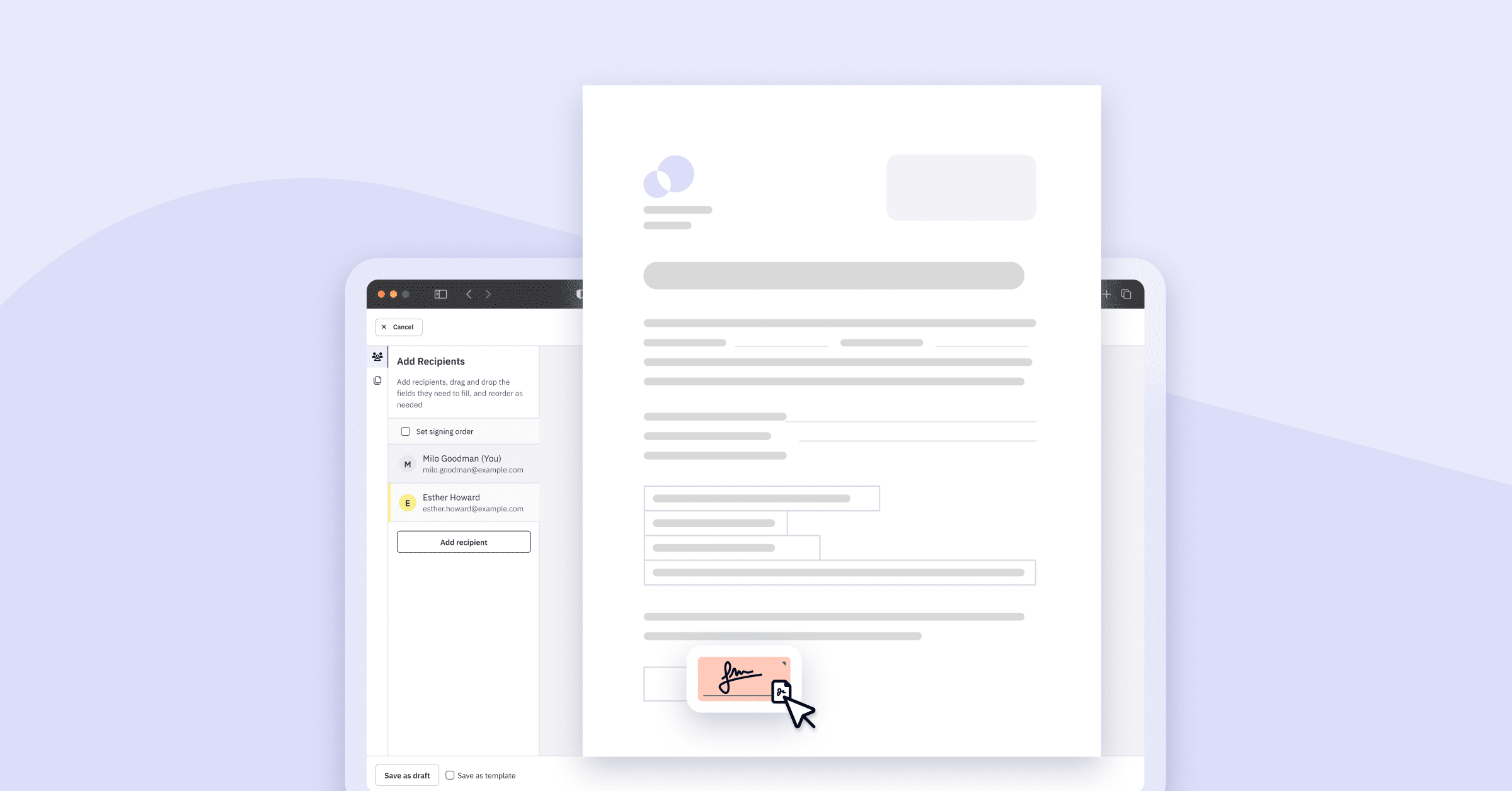Electronic signature laws vary significantly based on the location of the signers. However, organizations often don’t know the physical location of a signer, especially with the increase in remote work. With “High-Trust” eSigning for legal documents, businesses can ensure all eSign compliance regulations for each location are met.
For example, each member of the board of directors for a multinational company needs to sign a corporate resolution. The members are located all over the world—Monaco, Australia, the US and other countries. The chairman lives in the UK but may be on business in Hong Kong when they sign the document. The organization must ensure the document’s digital signature requirements are met for all possible locations, even those they may not know about, such as the Hong Kong business trip.
What level of eSign compliance is needed?
Some organizations choose to meet the highest standard required for eSign regulation for all documents, regardless of location. However, this option could result in a more cumbersome, lengthy and expensive process for documents that simply don’t require this level of security and identity verification.
Other organizations overcome the challenge by selecting an eSignature platform that provides the flexibility to offer different signing methods based on which region the organization operates in or where the parties signing the contract reside.
For example, an exporter in the United States doing business with a retailer in France must choose the type of signature that complies with strict EU electronic signature and identification regulations, such as the Electronic Identification, Authentication and Trust Services for Electronic Transactions regulation (eIDAS). But when partnering with a California-based company, they can use less stringent signing processes to comply with the Uniform Electronic Transactions Act (UETA) and ESIGN Act.
Some platforms offer limited signing options. Because the related eSign laws and regulations often change, businesses need a future-proof solution that can easily scale. Additionally, a business’s needs may quickly shift, such as moving from only doing business in North America to expanding to the Asia Pacific market. With a flexible solution, you can scale and grow operationally while meeting global regulatory requirements.
Download our Ultimate Guide to Electronic Signatures for more information about different signatures types and country-specific laws.
3 key components of eSign compliance
When selecting high-trust eSignature software, organizations should look for systems that include the following compliance features.- Meets the most stringent international eSign laws. Nitro Sign Premium meets and exceeds many of the most stringent international laws and regulations on electronic signatures applicable in the United States (UETA, ESIGN), European Union (eIDAS), Switzerland (ZertES), Singapore and Hong Kong.
- Integrates with identity services. Through a specialized identity services API, Nitro Sign integrates with central government authentication services to ensure the highest level of compliance within each jurisdiction.
- Ensures all industry standards are met. Nitro currently maintains and meets standards for compliance and certifications for a range of regulations.
See how global eSign compliance earns trust
Almost every part of the world has its own specific regulations for eSignatures. And it’s challenging, if not impossible, for organizations to know the regulations for all of them.
By using Nitro, you have the peace of mind that your legal documents and contracts meet required eSign laws, regulations and standards regardless of where you do business, and the flexibility to choose the level of compliance needed. We are an experienced partner you can depend on for guidance, best practices and leading solutions that fit your specific eSigning needs.
To learn more about high-trust eSign compliance and how to identify the appropriate types of electronic signatures for your documents, contact our eSign experts today.

/Card-Page%20Previews-AI.png?width=1200&height=800&name=Card-Page%20Previews-AI.png)




